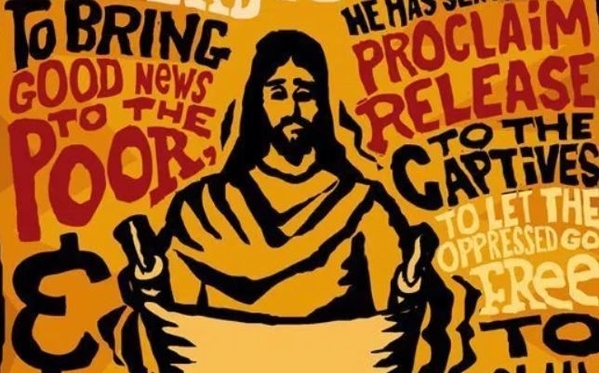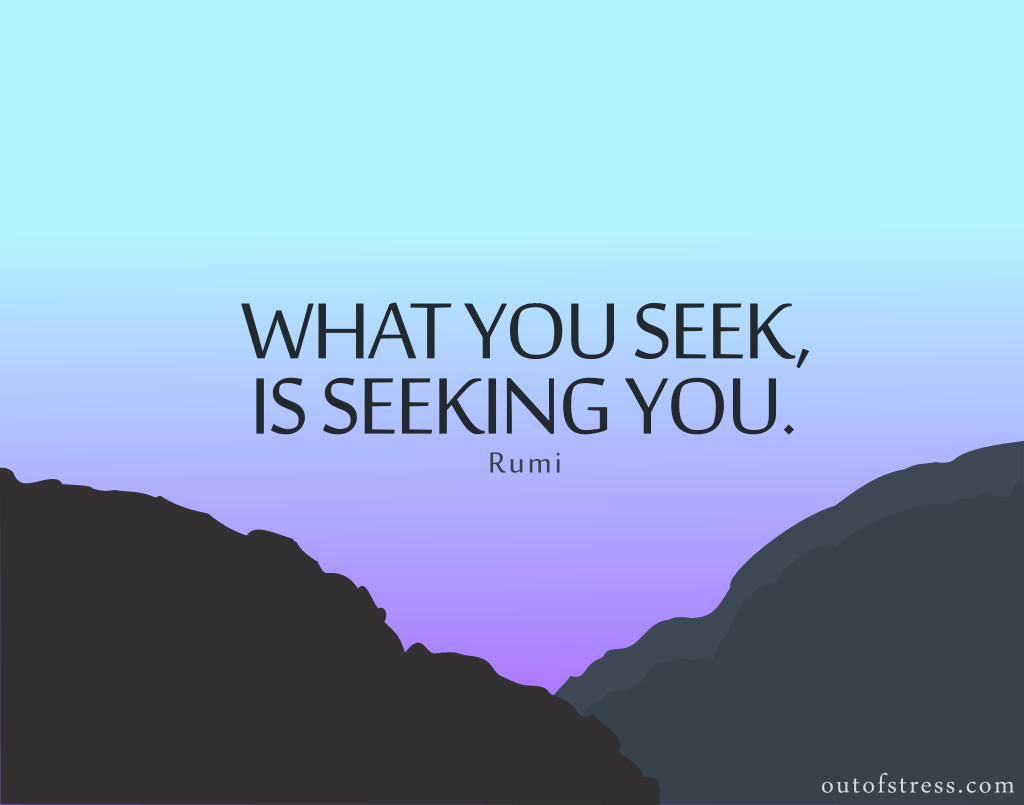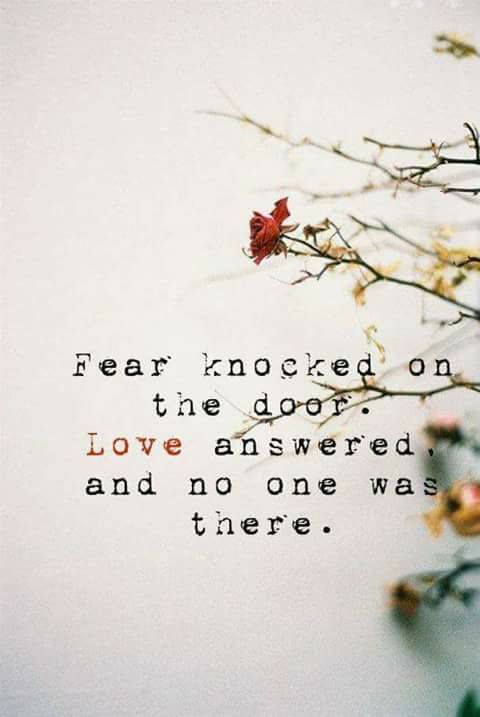Lenten Reflection Day 32 (Mar 25): FOLLOW ME (Psalm 23).
SONG: Follow Me by Uncle Kracker POEM: Reina Maria Rodriguez: Memory of Water (excerpt): … whatever one does the others all follow, watching from the corners of their eyes … QUOTE: Albert Camus: Don’t walk in front of me… I may not follow. Don’t walk behind me… I may not lead. Walk beside me… just […]



